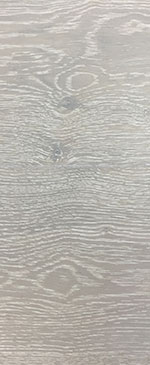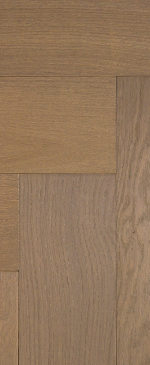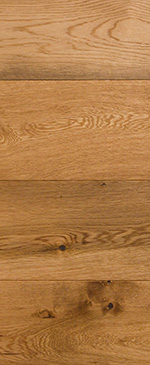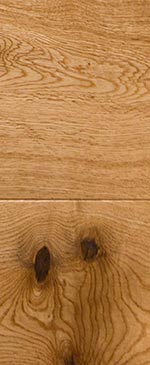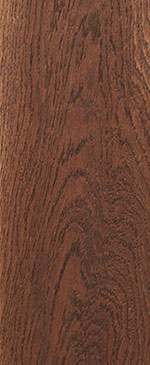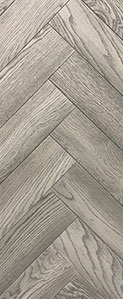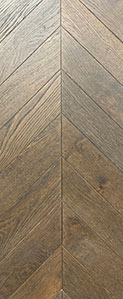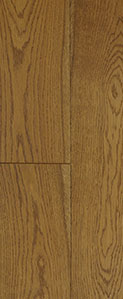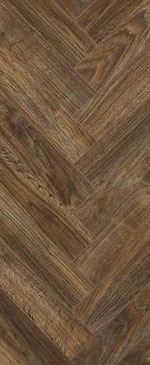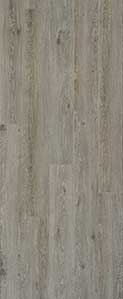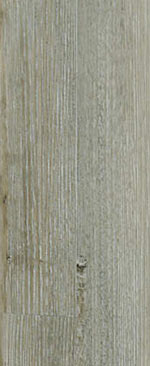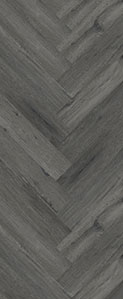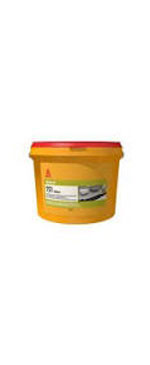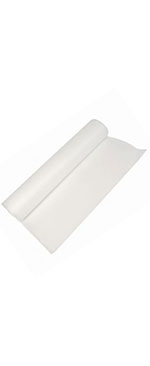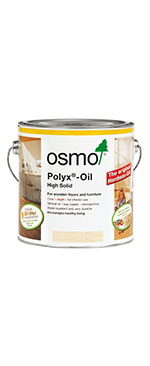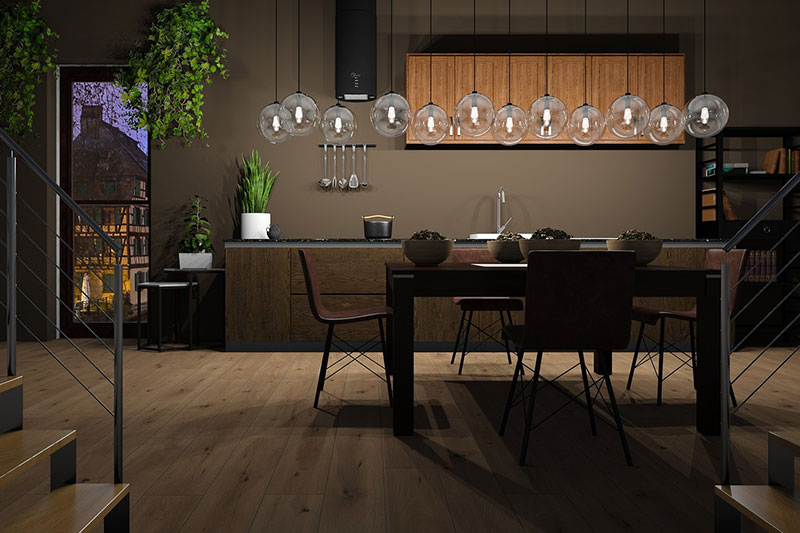Vinyl is one of the most important materials in today’s world and it has a whole host of different applications. But how is it made, and how is it used in flooring? Here Xylo Flooring, who supply quality vinyl flooring to developers, interior designers and businesses across the UK, provide some of the answers.
How It All Started
Vinyl is a synthetic plastic which is made principally from ethylene, which is found in crude oil, and chlorine (an ingredient of regular salt). When processed, both the substances are combined to form Polyvinyl Chloride (PVC) resin, or as it is commonly referred to – vinyl.
However, while the patent existed for several years, it wasn’t until 1926 that it first found a useful application. Waldo Semon, a researcher at the BF Goodrich Company, discovered that vinyl could be used as an adhesive to bond rubber to metal. It took another seven years before the substance was first used as a type of floor surface – as a composite tile.
World War II Halted Everything
However, from the late 1930s to the mid-1940s, oil was needed for the massive War Efforts across the globe, so using it for vinyl flooring had to take something of a back seat. (It was at around this time that vinyl was first used for gramophone records; the Japanese invasion of South-East Asia also affected production of shellac, so vinyl was soon used as a substitute).
Vinyl Plank Flooring
After the war, demand for vinyl flooring picked up again. However it was only available in tile or sheet form. It wasn’t until the 1970s that advances in technology meant vinyl flooring became available in plank form.
Vinyl plank flooring is a durable alternative to real hardwood and it has the added advantage of being less expensive. It usually contains the following layers:
- a transparent top coating or wear layer
- a decorative layer which gives the plank its colour, grain and overall appearance
- a backing layer (which is usually waterproof)
- a vinyl core (which is also usually waterproof).
Vinyl flooring’s hardwearing qualities make it the ideal surface for anywhere with a lot of human footfall, such as shops, restaurants and offices. It can also be slip-resistant and waterproof, making it suitable for bathrooms and kitchens. It’s usually made or printed to look like wood, with the ‘grain’ travelling in the direction of the plank.
Recent Developments
Even today, vinyl flooring is being developed and adapted as we learn more about the wider world. For instance, asbestos has been removed from some types of vinyl flooring (usually the underlay used in sheet vinyl or some of the fibres used in the tiles) because of its cancer-causing qualities.
In more recent times, manufacturers have been reducing the amount of PVC used in vinyl flooring. This is because it is believed to contain Volatile Organic Compounds (VOCs) which also can have a harmful effect on human health, particularly if you have a pre-existing respiratory condition.
Quality Vinyl Flooring from Xylo Flooring
At Xylo, we supply vinyl flooring as part of our Dynamic Click range. We are so confident about its durability that it comes with a lifetime warranty for all domestic installations and a 10-year medium commercial guarantee. It’s also resistant to dents, scratches, stains and any fading caused by UV light; it’s also extremely low maintenance, requiring just the occasional brush or wipe down.
Our Valinge 2Click system means it is very quick and easy to install. It’s available in a wide range of colours and shades, from the pastel shades of Sawgrass, the richer hues of Augusta Dark Walnut (pictured) and the sophisticated tones of Medinah Grey Oak.
If you would like to know more about our Dynamic Click range, then follow this link or call us on 020 8368 8122.

